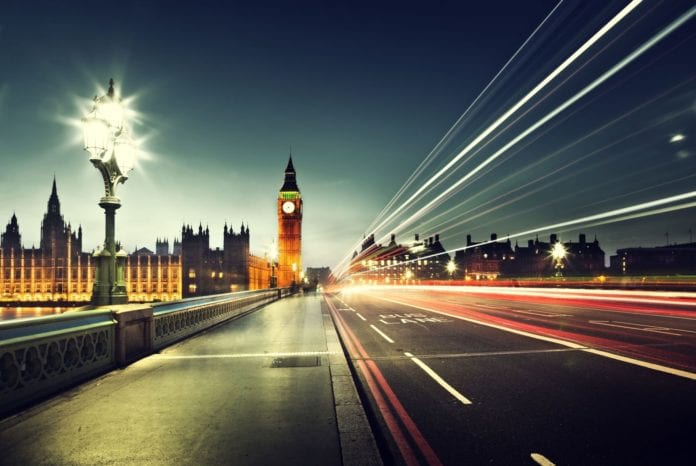U.K. carrier EE’s 5G service in now live in 80 towns and cities across the country, the company said in a release.
EE, part of U.K. telco BT, initially launched 5G technology in London, Edinburgh, Belfast, Cardiff, Birmingham and Manchester in May last year. Other large cities in which the telco offers 5G coverage includes Bristol, Covently, Hull, Leeds, Leicester, Liverpool, Newcastle, Nottingham, Sheffield and Sunderland.
According to independent 5G testing by RootMetrics, EE’s 5G network achieved the highest average download speed and highest 5G availability in London, Birmingham, Cardiff, Newcastle, Glasgow, Belfast, Bristol and Edinburgh.
“One year ago today, we started the U.K.’s 5G journey by launching the first 5G network. In just one year, we’ve already seen a number of incredible experiences and real-life use cases that 5G enables, both for consumers and businesses, and there’s still so much more to come. 5G technology will continue to make our customers’ lives easier, make our networks more efficient, and help launch entirely new ideas and businesses that we haven’t yet imagined,” said Marc Allera, CEO of BT’s Consumer Division.
EE previously said that the commercial launch is the first phase of the telco’s 5G rollout: a Non-standalone 5G New Radio deployment focused on using the combined power of 4G and 5G technologies. Phase 2, from 2022, will introduce the full 5G core network, enhanced device chipset capabilities, and increased availability of 5G-ready spectrum.
EE said that higher bandwidth and lower latency, coupled with expansive and growing 5G coverage, will enable a more responsive network, enabling immersive mobile augmented reality, real-time health monitoring, and mobile cloud gaming.
A third phase, beginning in 2023, will introduce Ultra-Reliable Low Latency Communications (URLLC), network slicing and multi-gigabit-per-second speeds. This phase of 5G will enable critical applications like real-time traffic management of fleets of autonomous vehicles and massive sensor networks.
Last year, U.K. telcos obtained spectrum for the future provision of 5G services. Vodafone won 50 megahertz of spectrum in the 3.4GHz band after paying £378 million (currently $472 million). EE won 40 megahertz for which it paid £303 million. Three secured 20 megahertz of 3.4 GHz spectrum at a cost of £151.3 million, while Telefónica-owned O2 picked up 40 megahertz for £318m.
U.K. telecommunications regulator Ofcom had previously confirmed plans to release additional spectrum for the provision of 5G services during 2020.
In a statement, Ofcom said that the auction will include 80 megahertz in the 700 MHz band and 120 megahertz in the 3.6-3.8 GHz band to support the expansion of 5G services across the U.K.

